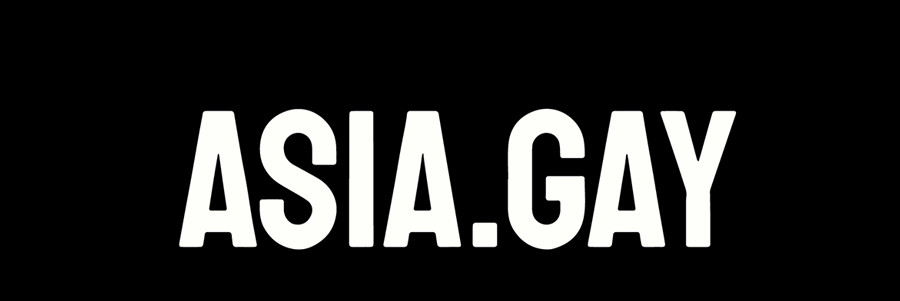
4th Generation HIV Test Explained: Early Detection & Fast Results
Everything You Need to Know About the 4th Generation HIV Test
The 4th Generation HIV test is currently one of the most advanced and widely recommended methods for detecting HIV infection. It combines speed, accuracy, and early detection, making it the gold standard in HIV screening worldwide.
HIV Test Pricelist
| 4th Generation HIV Test (HIV Combo) | item | Method | Blood Collection | Waiting Time | Price |
| HIV Combo (In-house Ag/Ab test) | Immunochromatography (IC) | Finger-Prick < 1mL. | 20 minutes | 1390 THB |
Book Your Anonymous HIV Test with PULSE CLINIC (Social Enterprise) Today!
Contact us at info.bkk@pulse-clinic.com or via your preferred platform.
![]() +66-84-226-2569
+66-84-226-2569  @pulserx
@pulserx ![]() PulseClinic
PulseClinic
What Makes It “4th Generation”?
Let’s break it down:
- 1st & 2nd Generation Tests: Detected HIV antibodies only (produced by your immune system in response to infection), but they took up to 3 months to show a positive result.
- 3rd Generation Tests: Detected antibodies faster (within about 3–6 weeks), but still couldn't detect early HIV infection.
- 4th Generation Tests: These are combo (or duo) tests — they detect both:
- HIV antibodies (your body’s response to HIV)
- HIV p24 antigen (a protein from the virus itself that appears earlier)
This combo allows detection as early as 14–28 days after exposure, which is much faster than previous generations.
What Does the 4th Gen HIV Test Detect?
| Marker | What it is | When it appears |
|---|---|---|
| p24 antigen | A protein made by HIV, detectable early | ~2–4 weeks post-exposure |
| HIV antibodies | Your body’s immune response | ~3–8 weeks post-exposure |
The test is considered conclusive if done at least 28 days after exposure. If you test before that, a follow-up may be recommended.
How Soon Can You Get Accurate Results?
| Time Since Exposure | Test Accuracy |
|---|---|
| 2 weeks | ~80–90% (due to p24 detection) |
| 3–4 weeks | 95–99% accuracy |
| 6+ weeks | >99.7% accuracy |
Window Period: The time between exposure and when the test can reliably detect HIV. For the 4th gen test, this is typically 2–4 weeks.
Accuracy & Reliability
The 4th Generation test is:
- Highly sensitive (>99.7% sensitivity)
- Highly specific (>99.9% specificity)
- Widely used in hospitals, clinics, and public health programs
It can detect both HIV-1 and HIV-2, and is approved by global health authorities like:
- WHO (World Health Organization)
- CDC (Centers for Disease Control and Prevention)
- FDA (U.S. Food and Drug Administration)
Benefits of the 4th Generation HIV Test
- Early detection = earlier treatment
- Reduces risk of onward transmission
- Peace of mind sooner
- Reliable for high-risk exposures
- Available in most clinics worldwide
What to Expect During the Test
- Pre-test counseling (optional but available at most clinics)
- Blood sample collected (from a vein or finger prick)
- Lab analysis or rapid test
- Results in 1–3 hours (rapid) or 1–2 days (lab)
- Post-test counseling, especially if positive or inconclusive
Common Questions
- Is the 4th Gen Test a Rapid Test?
- Yes — some versions are rapid and give results in 20–30 minutes, but others are sent to labs for even more detailed analysis.
- Do I need to fast before the test?
- No. You can eat and drink normally before your test.
- What if I test positive?
- You’ll be offered a confirmatory test (like an HIV-1/HIV-2 differentiation assay). If confirmed, clinics will guide you toward treatment and support services.
- Can I take this test anonymously?
- Absolutely — many clinics, especially in countries like Thailand, offer anonymous 4th generation HIV testing where no ID or personal info is required.
In Summary
- Detects both HIV antibodies and p24 antigen
- Finds infections earlier than previous generations
- Recommended for routine testing, high-risk exposures, and early detection
- Available worldwide, including anonymous testing centers
Schedule Your 4th Gen HIV Test with PULSE CLINIC (Social Enterprise) Now!
Contact us at info.bkk@pulse-clinic.com or via your preferred platform.
![]() +66-84-226-2569
+66-84-226-2569  @pulserx
@pulserx ![]() PulseClinic
PulseClinic
No shame. No stress. Just the truth — fast.
 Parnrawee Wadbua
Parnrawee Wadbua


